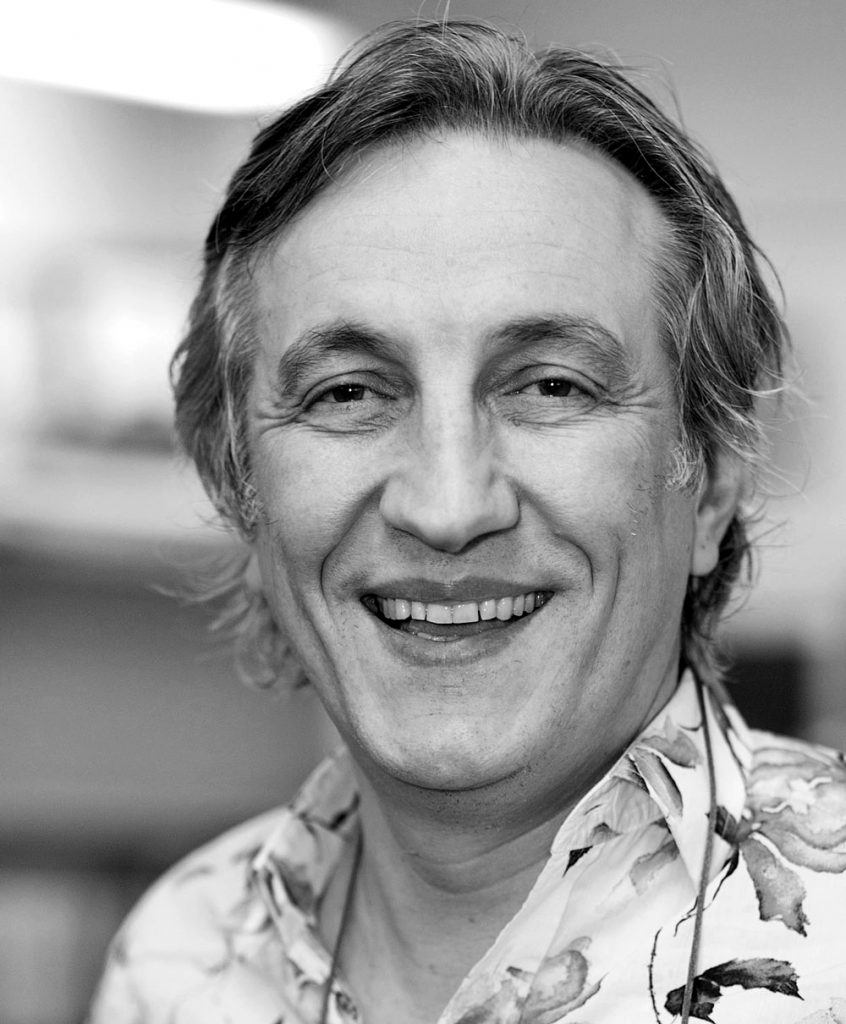Building a Resilient Future Through Education
By creating adaptable and flexible areas for learning, we are inspiring future generations to push creative boundaries, while supplying the means for a resilient education that can evolve as the curriculum does.
By Neno Kovacevic and Leah Lanteigne
Date
July 2, 2020
What does it mean to have a resilient future?
This question permeates many different areas of our lives, with one of the largest affected populations being children. Resilience means planning for, and implementing, an adaptable approach to combat an array of changing issues and trends; taking action now for the future. The children of today are the adults of tomorrow – they are our resilient future. By creating adaptable and flexible areas for learning, we are inspiring future generations to push creative boundaries, while supplying the means for a resilient education that can evolve as the curriculum does.
Staying active.
Creating spaces that encourage kids to be active is essential to establishing long-term healthy habits. Drawing kids into a space where they can discover new things every day means we are creating resilient spaces and empowering our children, while combatting boredom and inactivity. This can be achieved by incorporating spaces where kids can run, climb and explore. Especially challenging within a dense urban setting, creating flexibility and adaptability becomes crucial. Multi-use areas such as dual purpose pick-up/drop-off and sports courts, modular stages with removable screens, artificial turf fields and vertical playground structures can facilitate this, and encourage kids to remain healthy and active.
IBI Group is the prime consultant and landscape architect for The York School junior campus playground redesign. The York School is a leading private school located in midtown Toronto.
Staying curious.
Nurturing and feeding the curiosity of young minds is also critical. Early exposure of urban agriculture from an environmental, logistical and biological perspective is essential to drawing awareness and importance to responsible lifestyle choices. For example, incorporating an eco-garden learning centre can spark conversation, interest, and long-term environmental awareness into food production.
Providing flexible spaces to engage different interests can also support this idea. For example, a modular stage and artificial turf area can function as a space to put on productions of Shakespeare, as well as a place to play and watch sports, engaging with different interests where all children can benefit from the same space.
Staying connected.
Utilizing the power of technology, we can ensure our children are connected in a healthy and important way. For example, VR can be used to encourage team sports. In countries that experience extreme weather conditions where outdoor play is limited, this is a great option to keep kids active, while also staying indoors. This will help prepare students for the future impact of new technologies and become inspired at the possibilities.
Staying resilient.
Education evolves with what is relevant and pertinent to a successful future. Investing in our future is critical, including those who will be utilizing our investments most heavily. Resilience refers to the environment, but also heavily leans on the use of evolving trends including the implementation of technology in all facets of our lives. In terms of institutional landscape architecture in dense environments, flexibility is the largest key to success to allow for evolution.
Neno Kovacevic is a leading Landscape Architect and Urban Designer who has worked on numerous initiatives in North America, Central America and internationally. He brings more than 20 years of experience to environmentally sensitive design, integrating sustainability into community master planning, parks, open space, urban public plazas and streetscape design. His experience reflects the diverse, evolving role of landscape architecture in facilitating economic development, community building and sustainability. His work is distinguished by a talent to identify and resolve client issues through visionary and practical design solutions, supported by solid project management skills and a proven ability to work as a contributing member of a collaborative design team.
In 1994 he completed his Masters degree in landscape architecture at Edinburgh University and is fully registered to practice in Canada, the United States and Montenegro.
Written by Neno Kovacevic
Director | Sr. Practice Lead, Urban Design/Landscape Architecture
Toronto, ON









